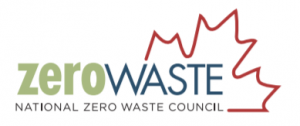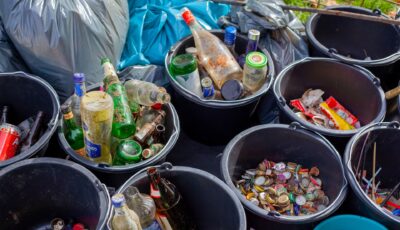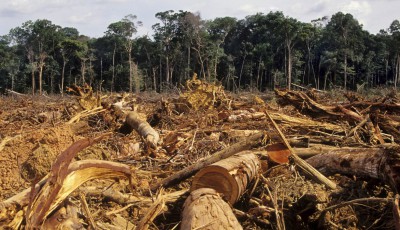New Guidelines on Donating Food and Reducing Food Waste
Vancouver, April 20, 2018
 The National Zero Waste Council will today introduce new guidelines aimed at providing clarity and advice to the Canadian food industry and organizations across the country that are looking to donate or receive high quality nutritious food that would otherwise go to waste.
The National Zero Waste Council will today introduce new guidelines aimed at providing clarity and advice to the Canadian food industry and organizations across the country that are looking to donate or receive high quality nutritious food that would otherwise go to waste.
The Guidelines to Minimize Wasted Food and Facilitate Food Donations pertain to a range of potential donors including food manufacturers, licensed kitchens or processing facilities, and will look at everything from health and safety to specific ways to reduce food waste.
“Canadians waste an estimated $31 billion worth of food each year – accounting for more than $100 billion in indirect costs such as labour, infrastructure and energy,” said Malcolm Brodie, Chair of the National Zero Waste Council.
“We want to provide solid direction and helpful guidance to food industry members who want to begin donating excess food waste.”
The guidelines outline:
- The food donation process, including the needs of donors and recipient organizations
- Recommended practices to set up and facilitate donations of quality food to organizations
- Information to match potential industry donors with organizations
- Health and safety considerations related to food donation
- Structures and processes of public health oversight (Alberta, Ontario, Quebec, Nova Scotia)
- Tips to manage brand identity when donating food
- Donors and recipient information on safe food handling and how to safely assess foods
Industry specific information for processors, retailers and food service providers on how they can reduce food waste and donate food in different ways.
“Starting a donation program doesn’t have to be onerous. Businesses can start small or focus on a specific donation or recipient organization,” said Lori Nikkel, Co-Chair of the National Zero Waste Council Food Working Group and Director of Programs and Partnerships at Second Harvest.
“The important thing is to find a match between the types of food available, the needs of the recipient and the capacity and operations of both.”
The National Zero Waste Council notes these new guidelines are not intended to apply to public donations via food drives or individual donations but large organizations such as licensed kitchens.
A companion booklet, Food Donation and Civil Liability in Canada, addresses the potential legal liability concerns of current and future food industry donors, particularly when donating perishable food items.
“A significant portion of what is referred to as ‘food waste’ is avoidable,” said Bob Long, Co-Chair of the National Zero Waste Council Food Working Group and Councillor from the Township of Langley.
“If we can donate some of this excess food, it will benefit business operations, the environment and society in general.”
The development of the guidelines, the first of their kind in Canada, were overseen by the National Zero Waste Council’s Food Working Group, which included: Food Banks Canada, City of Toronto, Second Harvest Food Rescue, Nature’s Path, City of Montreal, Metro Vancouver, Halifax Regional Municipality, City of Edmonton, Metro Richelieu Inc., Province of British Columbia, SWANA, Township of Langley and A&W Food Services of Canada.
The Guidelines are available here:
The National Zero Waste Council is a leadership initiative bringing together governments, businesses and non-government organizations to advance waste prevention in Canada.
More information on the Council is available here







